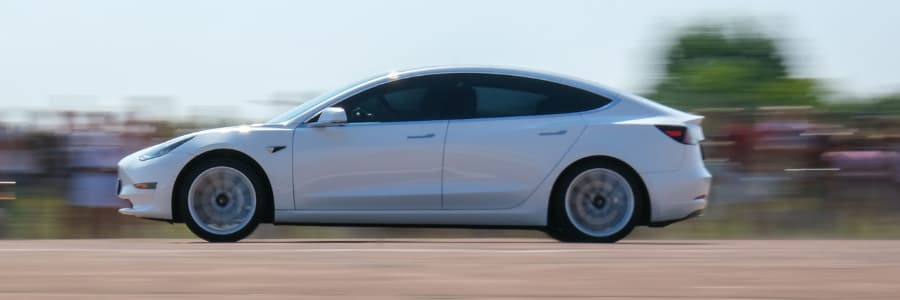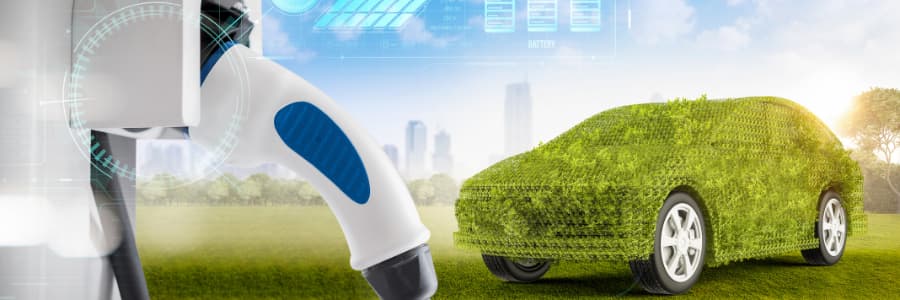Electric cars are increasingly popular around the World. Sales are growing and many countries are working on plans to encourage even more of them hitting our city streets. For example, the UK recently announced its plans to ban the sale of new diesel and petrol cars from 2030, ten years sooner than previously planned.
If you are considering an electric car – or already own one – there are a lot of benefits – not just for yourself.
At True Energy, we are proud electric car owners. Together, we have researched and discussed what we see as the biggest benefits of electric cars. It has formed the basis for the infographic that you can see connected to this article.
We would love for you to share the article and infographic. At the same time, we would like to hear your thoughts on what the biggest benefits of electric cars are. Tell us here on the True Energy website, via email or via social media. The goal is to gather all your feedback and use it to update the infographic with your input.
Below is a brief overview of what we see as some of the biggest benefits:

The purchase price and lifetime costs of electric cars vs fossil fuel cars is a topic that has been hotly debated. However, many recent studies point to electric cars being cheaper than their petrol-powered cousins within a few years of use.
While electric cars are generally still a bit more expensive to purchase, their maintenance and fuel costs are markedly lower. Gasoline car exhaust systems, starter motors, etc. suffer from wear and tear. Electric cars, on the other hand, do not have those kinds of systems at all. Even when it comes to tires and brakes, electric cars are far more gentle than petrol and diesel cars.
Part of the reason for the cheaper use and operation is that the taxes and VAT on electric cars are still lower in many countries. This may change in the coming years. However, electric cars are still likely to retain their advantage as their prices are falling, and new, even more affordable models, keep appearing.

When you choose to use an electric car, you also choose to make an extra effort for the environment. Electric cars emit far less CO2 – no matter where their power comes from. At the same time, an electric car does not pump out the types of hazardous gases and particles that petrol and diesel cars emit.
If electricity for your electric car comes from climate-friendly, renewable energy sources such as wind turbines or solar cells, you lower the environmental impact even more.
At the same time, there is a trend for electric cars, where more materials are either environmentally friendly or recycled. This applies, for example, to Ford Focus Electric and Nissan Leaf, which both use recycled materials such as water bottles, plastic bags and recycled metal throughout.

Electric cars are better at converting stored energy into propulsion. For many models, 75% or more of the saved electricity is converted to propulsion.
Petrol cars waste much more energy as heat, and it is often less than 30% of the energy stored in the fuel that is converted to propulsion. At the same time, there are usually greater costs – both environmental and energy costs – associated with the extraction and processing of fossil fuels.

By reducing emissions of CO2, Nox and harmful particles, you and your electric car are doing your bit for our common health. Thanks to the lower emissions, we can lower the number of patients with respiratory problems, and generally have better health, especially for citizens who live close to heavily trafficked roads or densely packed urban areas with a lot of traffic.
At the same time, electric cars are helping to reduce noise pollution, which is a curse throughout many cityscapes.

Recent findings have shown that electric cars are in many ways generally safer than other types of cars. They often have a lower centre of gravity, making them less likely to roll over. They can also have a lower risk of major fires or explosions, and the construction and durability of the vehicles can make them safer in a collision.
When it comes to driving characteristics, most people will notice how quiet the cabin is and the smooth, fast acceleration of electric cars.

The existing electricity grid is many places under increasing pressure. The integration of more electricity from renewable energy sources and production from privately owned solar cells and wind turbines leads to a crossroads: Either existing grids must go through large, expensive and disruptive expansions, or we must find new, innovative solutions.
True Energy can support the second way. Thanks to our solutions, electric cars can become a buffer in the electricity grid, which helps to ensure that we can continue the green transition with minimal need for further expansion of the electricity grid.
What do you think of our choice? Do you agree? Have we overlooked anything? Tell us here or via social media. We hope to make an updated version of our infographic based on your suggestions and share it with you as soon as possible.